Beyond MKO and IBB, meet 7 power players behind the June 12 crisis
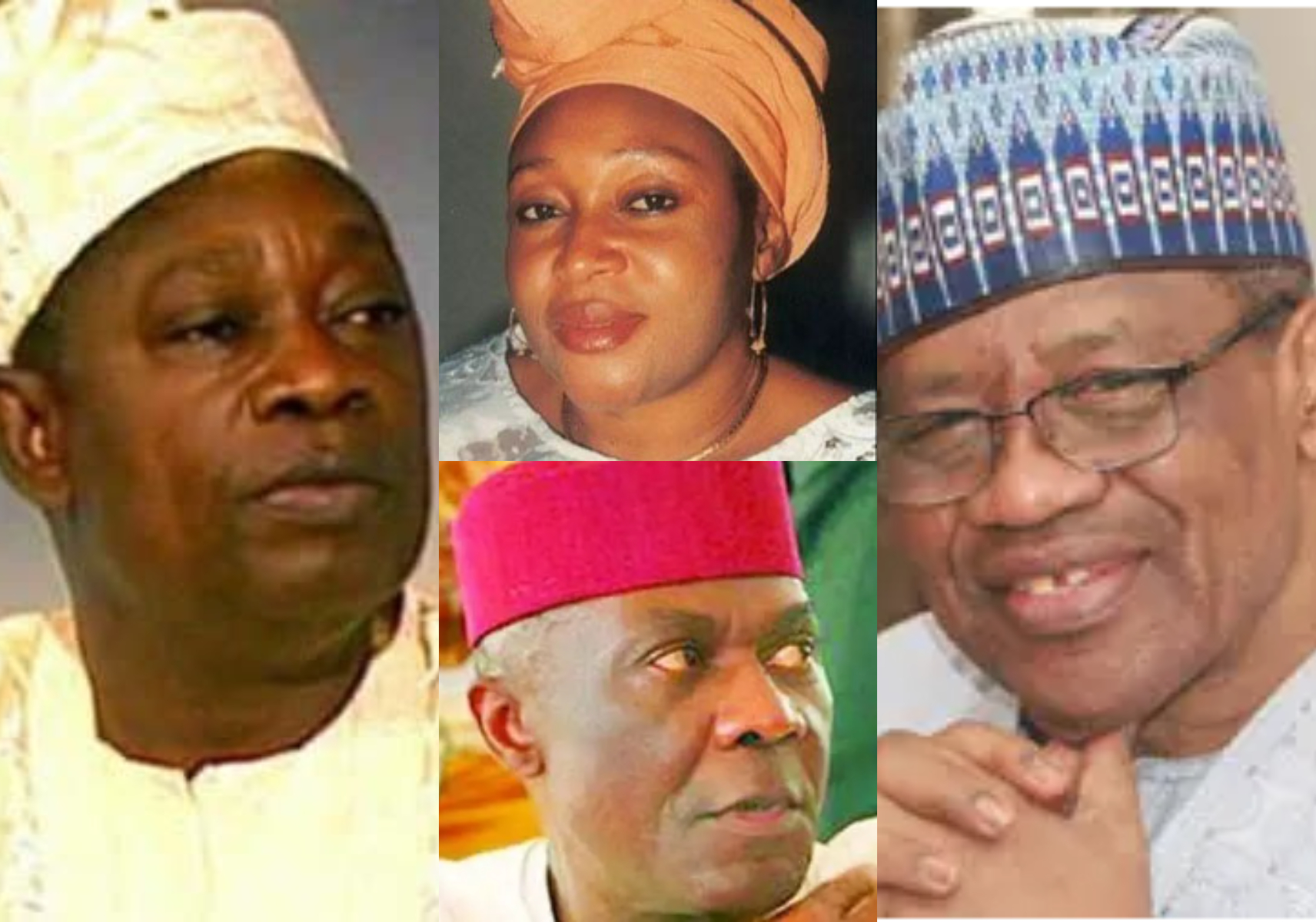
Both MKO and IBB's supporters wanted their man to emerge as the winner of the political conflict that preceded and trailed the annulment of the June 12 election.
The narrative of Nigeria’s democracy is tightly woven around a protagonist, Moshood Kashimawo Abiola (MKO), and an infamous villain, General Ibrahim Babangida, whose action birthed the reason June 12 became a special day in Nigeria’s political calendar.
While Abiola and Babangida remain the main characters in the June 12 debacle, many other Nigerians played crucial roles in the crisis that turned out to be a pyrrhic victory for the largest democracy in Africa.
Abiola is dead. Babangida is alive. But on the sides of the two men were power players who wanted their man to emerge as the winner of the political conflict that preceded and trailed the annulment of the June 12 election.
Here are the power players behind the June 12 debacle.
Alhaja Kudirat Abiola
Ahead of the Saturday, June 12 presidential election, Kudirat Abiola, the wife of the presidential candidate of the Social Democratic Party (SDP), MKO Abiola, played a significant role in her husband’s campaign.
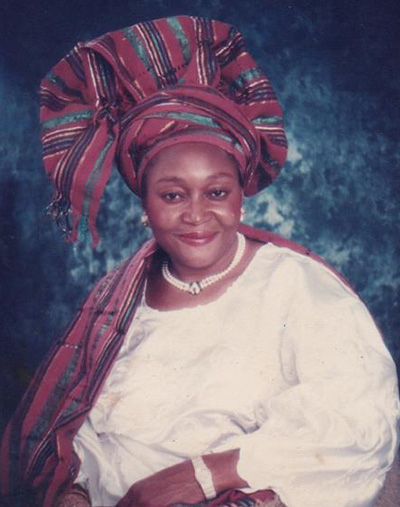
Aside from the goodwill Abiola enjoyed among Nigerians at the time, especially in the South, Kudirat, who grew up in Zaria, endeared the voting populace in the North to her husband by delivering her campaign speeches in the Hausa language.
When her husband’s election was annulled and was subsequently incarcerated, she took up the leadership of the struggle for democracy and Abiola’s release.
Despite the tyranny General Sani Abacha unleashed on pro-democracy activists across the country, Kudirat refused to go into exile like others. She fearlessly stayed back to fight for her husband’s release from detention, sadly, she did not live to see it through.
She was assassinated on June 4, 1996, at the age of 45.
Pa Alfred Rewane
Alfred Rewane was a Nigerian businessman who committed his money to the struggle for democracy. He was the chief financier of the National Democratic Coalition (NADECO) a pro-democracy group established in May 1994 to call for the recognition of Abiola as the winner of the June 12 election.
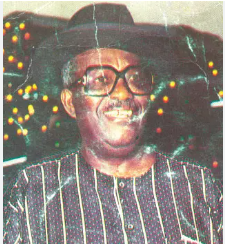
He reportedly spent millions of naira on media campaigns to ensure Abiola’s June 12 mandate was restored. Like Kudirat, he did not live to see the democracy he fought for.
He paid the supreme price on October 6, 1995, when suspected agents of the Abacha regime assassinated him at his Ikeja residence.
Prof Humphrey Nwosu
Humphrey Nwosu was the chairman of the National Electoral Commission (NEC) which conducted the 1993 election.
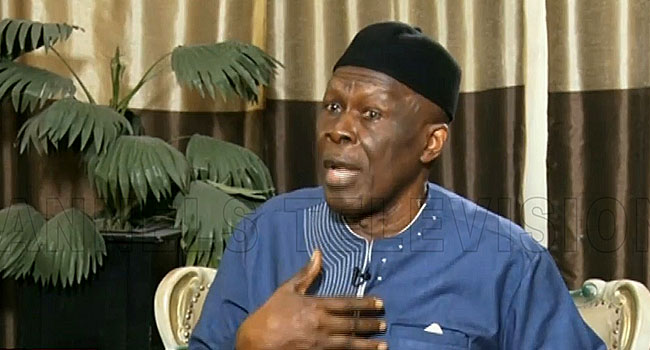
According to reports, Nwosu courageously resisted efforts by self-serving groups to scuttle the election.
Having supervised an exercise that was largely deemed free and fair, he proceeded to announce the results of the election when Babangida ordered him to stop. The military general subsequently annulled the election.
ALSO READ: Read about the major Actors of June 12, 1993
Arthur Nzeribe
One of the groups set up to stop the election scheduled for June 12 was the Association for Better Nigeria (ABN) led by Chief Francis Arthur Nzeribe.
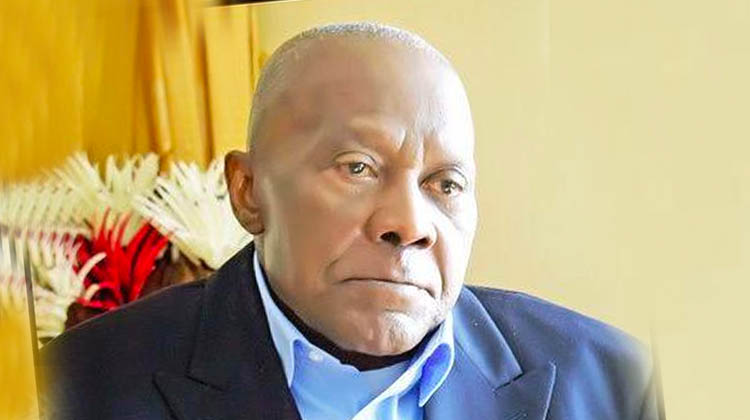
The association allegedly funded by Babangida was one of the many groups that launched campaigns for his prolonged stay in office.
In its bid to scuttle the election, Nzeribe’s group filed a suit at an Abuja High Court over alleged electoral corruption by Abiola at the SDP primaries in Jos in March 1993.
After the plan to stop the election failed, the ABN, while the counting of the election results was ongoing, ran to court again to obtain an order to stop the further release of the results and Justice Dahiru Saleh granted the order on the ground that the election should not have held in the first place.
Having released the results of 14 out of 30 states, all of which were won by Abiola, the electoral umpire suspended the announcement, followed by a military pronouncement that heralded the death of HOPE ‘93.
Justice Dahir Saleh
On the negative side of the narrative of the June 12 power play was Justice Dahiru Saleh, the former Chief Judge of the Federal High Court, Abuja.
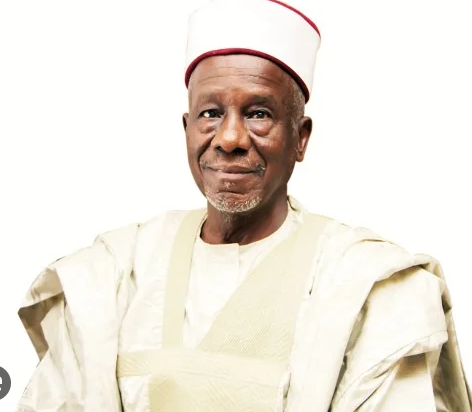
It is on record that his order which forced Nwosu to suspend the announcement of the adjudged free and fair election ever recorded in Nigeria was granted in a hurry without hearing the electoral umpire.
In his 2016 interview with The Interview magazine, the retired justice accepted the blame for the annulment of the June 12 election, saying Babangida had no hand in his controversial decision.
He said Nigerians may be blaming Babangida for the June 12 debacle because he was Abiola’s friend, but the former Head of State did not use him or his court to scuttle the election.
General Sani Abacha
Nigeria’s ruthless dictator, the late Sani Abacha, was the biggest beneficiary of the June 12 crisis after the political heat forced Babangida to step aside.
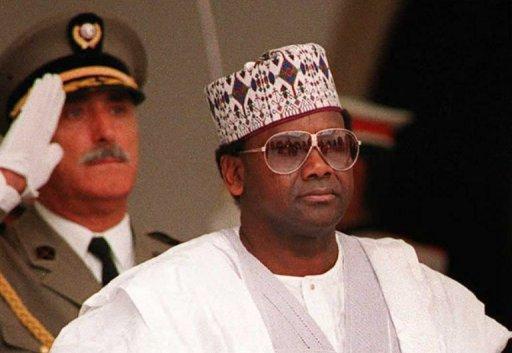
With Babangida out of power, Nigerians looked forward to a transition to democracy with the hope that Abiola’s mandate would be restored by the interim government of Ernest Shonekan, installed by Babangida.
But Abacha, who was Shonekan’s Chief of Defence Staff, had a different plan. Three months into his government, Abacha overthrew him and declared himself Head of State and Commander-in-Chief.
Despite the promise to set Nigeria back on a democratic path with a plan to set up a constitutional conference that would lead to the recognition of political parties, Abacha refused to return the country to democracy.
He played god, jailed Abiola, and hunted down pro-democracy advocates. After five years of ruthless rule, he expired ignominiously.
ALSO READ: Why does Nigeria celebrate June 12 as Democracy Day?
NADECO
Formed in May 1994, almost a year after the annulment of the June 12 election, the National Democratic Coalition (NADECO) was established by members of several pro-democracy and civil society groups.
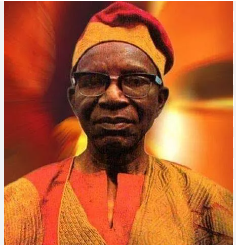
The coalition’s main goal was to ensure the military government of General Sani Abacha stepped down for Abiola’s mandate to be restored.
In their struggle for the mandate, the coalition, led by Michael Adekunle Ajasin, the Governor of Ondo State from 1979 to 1983, expended its resources to bring Abacha’s junta to an end.
In retaliation, the Head of State brutally went after them. Some of them were arrested and jailed. Some went into exile while their main financier, Pa Alfred Rewane was assassinated.
ridoola.blogspot.com.ng
Comments
Post a Comment